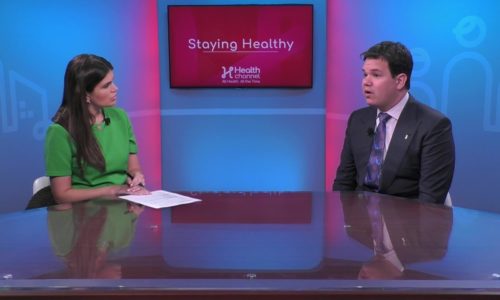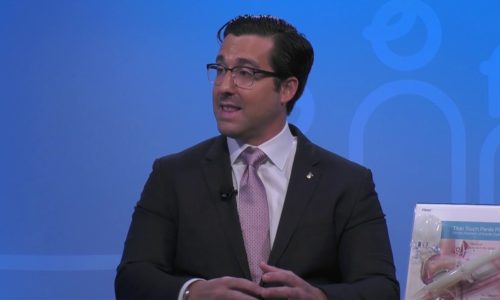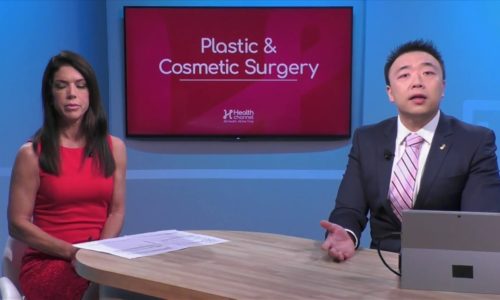Freezing the eggs |
The early 20s and early 30s are the best time for women to consider freezing their eggs, because they have the top quality and that’s when doctors can have a good number of expertise.
Egg freezing should be seen like an insurance that can be used when the woman is sure to get pregnant. Fertility Specialist Enrique Soto recommends trying another fertility treatment, like insemination, before using egg freezing. “As a last resort we would use those eggs. They last indefinitely,” he says.
Transcript
What age is the best age to do this and are more and more women coming in their 20s and seeing you and saying I want to freeze my eggs yes we are seeing more so we’re happy to see that the patients are now understanding the importance of doing this but I cannot stress enough that women should really consider doing this in in their 20s or early 30s because that’s that’s actually when when it’s recommended that is when the eggs have the top quality and that’s when we can get a very good number of expertise so someone in their 20s freezes their eggs and then comes to you in the 30s yes should they first try to get pregnant as a normal mean absolutely so what I what I’d like to tell my patients is that is that the egg freezing should be seeing such like an insurance if you will so if someone freezes or eggs say when they’re 30 and then they’re 37 maybe they met their partner or their right to have kids the first thing I tell them is well let’s assess everything let’s see how things are right now and then once we evaluate if it’s possible for them to get pregnant through an insemination or something that’s simple perfect only if fertility treatments have been worked then at that point as a last resource we would use those eggs that are so precious how long do those legs last Indefinitely totally that’s amazing.








